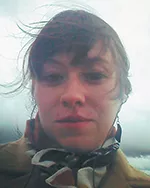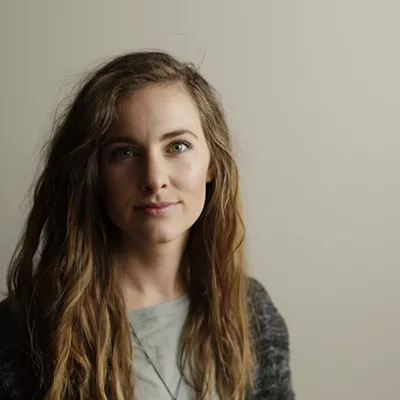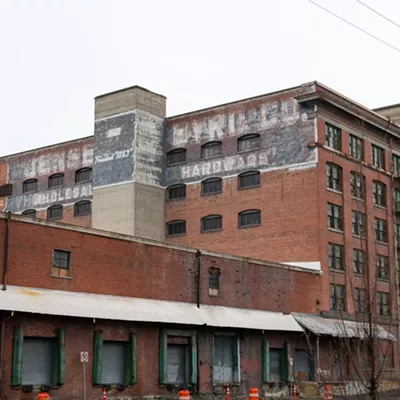It's time to come out of the closet on my own "me too" story. I have been sexually assaulted multiple times by friends, acquaintances and intimate partners. That sentence feels strange to write because it puts me in a category called "victim," a category called "someone else," and a category of being lucky — lucky that I was just raped and not also then found murdered, or never found at all. Can we pause for a minute and take that in? In multiple cases, I didn't realize until much later that many of my sexual experiences had been non-consensual, because I didn't even know what consent was.

I had been raised in a culture that has a hard time saying no and socialized as a girl — a good girl who says yes and makes others happy. Unfortunately for me, my classmates were often young boys who were being socialized by a vast buffet of internet porn and a shame culture around that, developing violent ideas about who women are and what mature sexuality looks like in practice.
When the editors here asked me to write an essay for this collection, I was flattered and honored, but also immediately overwhelmed by the question, "Which 'me too' story shall I choose?" The power of the #MeToo movement lies in its intersectionality. Stories from people of all gender identities, racial identities and class heritage have been unleashed, allowing us to see each other as whole and connected in our brokenness. Late in November, this barrage of stories began to trigger me into a full-blown psychosis that included flashbacks, episodes of paranoia and more. Perhaps you've heard the rumors: Young ingenue writer and local organizer publicly loses marbles, vandalizes mall and then goes fully feral, running barefoot in insufficient clothing away from people I perceived as attackers. That was last week. I am healing and getting stabilized now, but want to share that this was a real response to a real problem with a real name: PTSD. So many of us live with it and sometimes we can't anymore.
I am coming out to you now not only an abuse and rape survivor, but also as an ardent fan of the multi-season saga of beautiful detective fiction known to many as Law & Order: Special Victims Unit. My love for the show is baffling on some level, to myself and others. Why subject yourself to what some call "trauma porn," seeing scene after scene of damaging carnal violence done to our most innocent fellow humans?
The show fascinates me because I relate both to the powerful female protagonists — out there kicking ass and busting bad guys — and also to the victims: the college student pushed out of school after confronting a rapist, the woman trapped in an abusive relationship with a powerful man, the transgendered teen being cyberbullied to the brink of suicide. Recently, in a conversation with a man I deeply love and respect, he casually tossed out that he didn't like SVU as much as the other Law & Order spin-offs because it was "too victim-y."
That, too, was triggering for me. I hear jokes often about triggers, about safe space, about rape and violence, but this seemingly innocuous example displays how these bad experiences are stored in our brains and bodies in ways that cause harm to both ourselves and to others. I've been so inspired by seeing other people speak out and hope that the empathy between us can continue to build in this moment.
We must listen to Tarana Burke, founder of the Me Too movement, and refuse to look away from the ugly truths of the ways we treat one another in our culture. Between addiction, poverty and dysfunctional social-safety-net systems, it's a wonder any of us with fragile brains and scary repressed trauma-demons can get out of bed in the morning. That's why it's so important that the abusers, harassers and other toxic people hear our voices and hear their own voice echoing "me too," acknowledging that we have all caused harm to others, both intentionally and through ignorance. This is not a trend. This is not a test. This is an emergency and we are not going anywhere until we learn to move on and heal this legacy of trauma that is killing us all from the inside out. The healing will be beautiful, joyful and loud. People get ready and let's continue to care well for one another. ♦






















